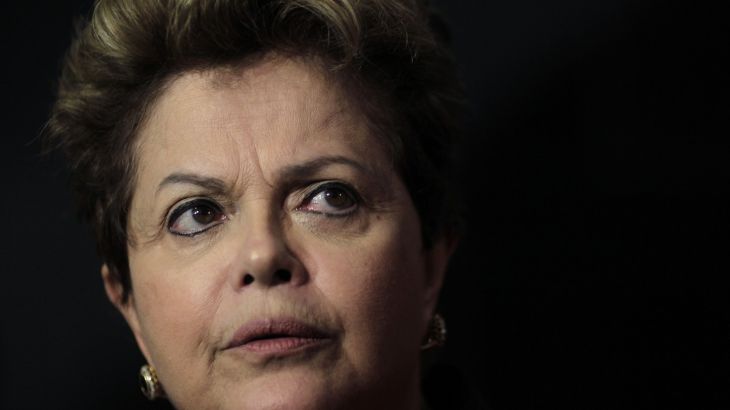
All the President’s Torturers
Can Brazil shake off the murky past of its security forces as it attempts to cement its place as a 21st century power?
Chosen to host both the 2014 football World Cup and the 2016 Olympic Games and with abundant natural resources and one of the fastest growing economies in the world, one way or another Brazil is set to become a major player in the affairs of the 21st century.
With an ambitious, progressive government, a population of around 193 million, now well established federal democratic structures and apparent political stability, many even see it as a global superpower in the making, perhaps even deserving of a permanent seat on the UN Security Council in the not too distant future.
But its solid international reputation has not always been so glossy.
Between 1964 and 1985, Brazil was ruled by a military regime that was frequently accused – both at home and abroad – of serious human rights abuses.
Those were the dark days when many of the government’s left-wing political opponents, often at the behest of the US, were suppressed, when the aspirations of its indigenous people were generally ignored and when economic mismanagement and widespread corruption, still something of a problem today, hindered the country’s development.
Much has since been done to remedy those problems, but for Brazil to confidently take up its place on the world stage in this century, it needs to deal with the legacy of the last – especially with regard to the savage political repression that was such a dominant theme of the 1970s.
This is why Dilma Rousseff, the president of Brazil, signed legislation on May 16, 2012, to create an organisation with a truly remarkable brief. In front of an invited audience in the country’s capital Brasilia, she described how a new public body – the Truth Commission – would have responsibility for investigating the abuses committed by the former military regime and uncovering all the facts of what had happened for the public and generations to come.
And nobody deserved the truth more, she added, than the loved ones of those who had lost their lives and “ who continue suffering as if they were dying over and over again, every day.”
If President Rousseff seemed visibly moved when speaking these last words, it was perhaps understandabl as she herself is a former left-wing militant and had been detained and tortured by the regime’s security police – one of an estimated 50,000 people who were imprisoned, abused or murdered during those years.
However, wanting to establish the truth is not the same as actually doing so. As the Truth Commission began work, it publicly invited former members of the security forces to take part and collaborate with the inquiry. But fearful, perhaps understandably, of reprisals or legal retribution and still bound by loyalty to their colleagues and the old regime, no one came forward.
Until very recently, that is.
Earlier this year, a former police inspector, Claudio Antonio Guerra, turned up at a closed meeting of the commission and declared his willingness to give testimony.
Then he began to tell a remarkable story. It was the same story he had just spent several weeks sharing secretly with People & Power filmmaker Rodrigo Vasquez.
In March 1964, when a military coup overthrew Joao Goulart, Brazil’s then democratically elected president, Guerra was a young police officer. Even as the armed forces were taking over the government, it was setting up underground paramilitary groups to eliminate dissent among the civilian population.
One of these secret units was to be run by Guerra – and he and his men were given the specific mission of assassinating and ‘disappearing’ political opponents.
Once the leader of one of the most lethal death squads in Brazil, a man with a licence to kill, he has since become a convert to evangelical Christianity and now wants to expiate his sins. His shocking confession, the subject of this special two part People & Power investigation, reveals how the agents of a murderous regime tortured and killed Brazilians for almost 40 years.
| Watch Part two |
 |
People & Power can be seen each week at the following times GMT: Wednesday: 2230; Thursday: 0930; Friday: 0330; Saturday: 1630; Sunday: 2230; Monday: 0930. Click here for more People & Power |